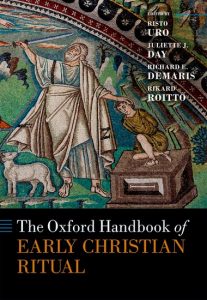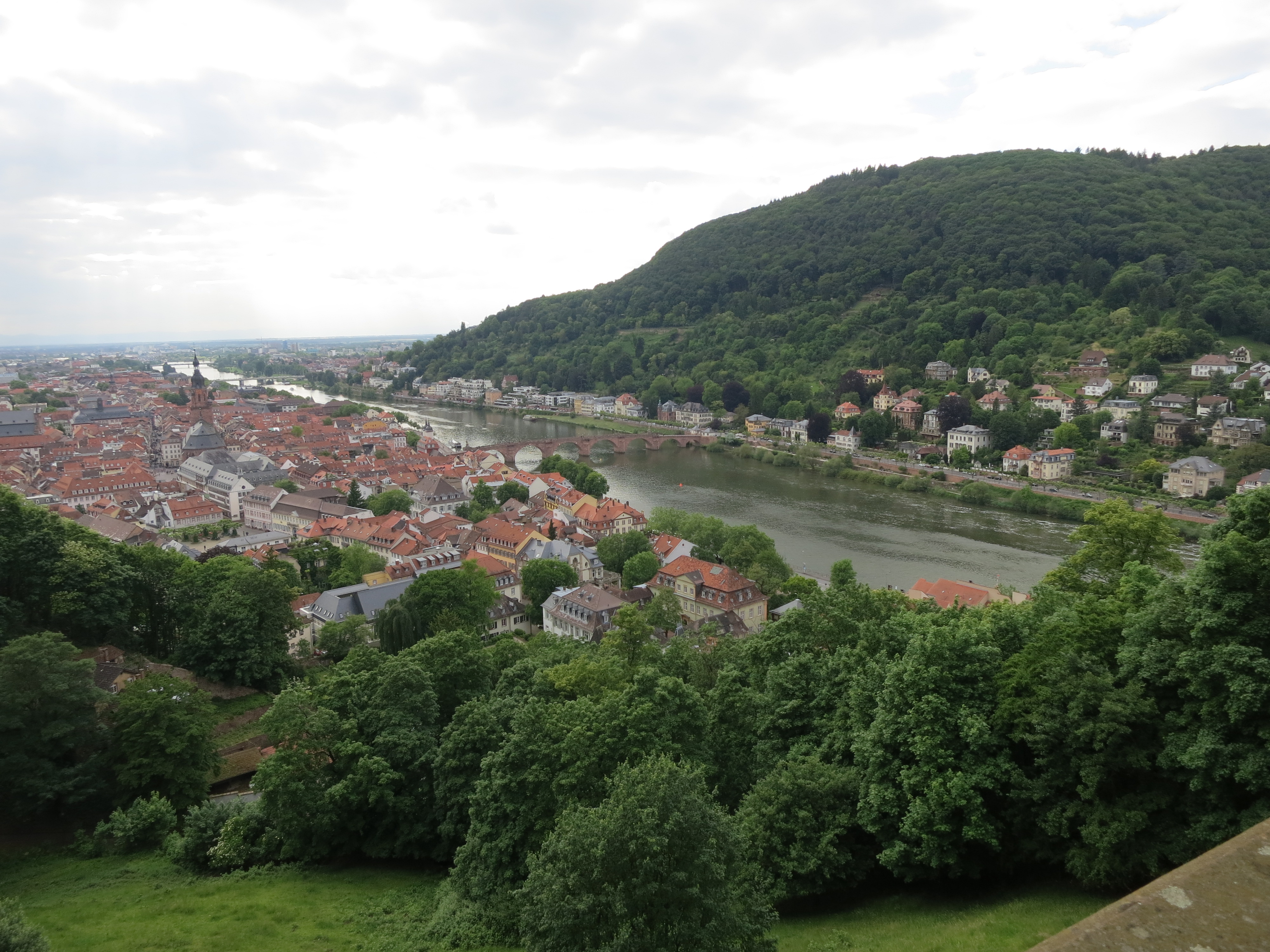 Although the REECR project came officially to an end in September 2017, new works are coming in its aftermath. In collaboration with two experts in ritual and early Christian studies, Juliette Day and Richard DeMaris, the project team has been managing a large edited volume The Oxford Handbook of Early Christian Ritual, which is now completed and will come out soon. The estimated publication date is 8 November 2018.
Although the REECR project came officially to an end in September 2017, new works are coming in its aftermath. In collaboration with two experts in ritual and early Christian studies, Juliette Day and Richard DeMaris, the project team has been managing a large edited volume The Oxford Handbook of Early Christian Ritual, which is now completed and will come out soon. The estimated publication date is 8 November 2018.
The handbook will give a manifold account of the ritual world of early Christianity from the beginning of the movement up to the end of the sixth century. The volume introduces relevant theories and approaches (Part One), central topics of ritual life in the cultural world of early Christianity (Part Two), and the most important Christian ritual themes and practices in nascent Christianity (Part Three) and in the early church (Part Four).
Title: Risto Uro, Juliette J. Day, Richard E. DeMaris, and Rikard Roitto, eds, The Oxford Handbook of Early Christian Ritual (Oxford University Press). To look at the table of contents, click here.
N.B. You can read a free sample (Introduction) here.



